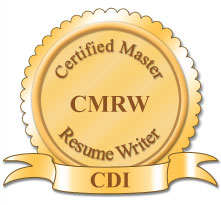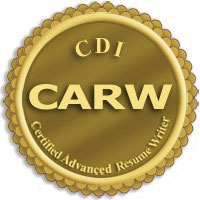 A lot of people nowadays are hiring life coaches to provide them with accountability and structure in creating a fulfilling life. It’s easy to get complacent, and we are often not our own best coaches.
A lot of people nowadays are hiring life coaches to provide them with accountability and structure in creating a fulfilling life. It’s easy to get complacent, and we are often not our own best coaches.
But not everyone can afford a life coach, and even those who can might get coaching for a year then go back to being “self-coached.”
In this month’s Success Magazine, an inspiring article about self-coaching (Be Your Own Life Coach) offered two exercises that will help you coach yourself—if you put them into action, of course. Both options were suggested by coach Marshall Goldsmith, Ph.D.
Option #1: Did I do my best to…
Here’s the first exercise: Ask yourself each day: Did I do my best to…
- Set clear goals?
- Make progress toward goal achievement?
- Be happy?
- Find meaning?
- Build positive relationships?
- Be fully engaged?
When I read this list, I liked it so much that I put it on my calendar to complete at 9pm every night. I am on day 3 and grateful for the ritual! I have shared the exercise with friends as well, and they have enjoyed going through the list for themselves at the end of a day.
I encourage you to join me and try answering these questions every day for two weeks. At the end of those two weeks, ask yourself in how many areas you are seeing improvement. I’d love to hear a report!
Option #2: Daily Question Process
With this exercise, your first project is to come up with 20 to 30 questions relating to your goals and who you want to be. The questions must have either yes/no or number answers. Keep them short and easily answered. And spin them toward the positive! For instance, “How much do I weigh?” “How many minutes did I meditate today?” “Did I treat my employees well?” “Did I make time to spend with my family?” (You would not write questions like, “Did I eat too much today?” “Was I stressed out?” Notice how much your energy dropped just reading those questions!)
Put your positively-framed questions in the first column of a spreadsheet, then write the days of the week in the next 6 columns. Although not specified in the description offered, I would put a final column for a rating of your quality of life for the week, with a scale from 1 to 10 (I can’t bring myself to suggest a 0 as another person suggested in describing a self-coaching journal!)
Once you create your spreadsheet for the week, you will have a scorecard that will reveal, over time, what activities lead you toward fulfillment and the life you want. Of course you can change your questions over time as you meet certain goals and have others change.
Here’s the rub…
If you were hoping there would be a self-coaching technique that would not require your thinking or writing about something every day, I’m afraid you’re out of luck. As much as I wish I could have a single thought and change my life, I must accept that it’s daily check-ins and accountability that truly create change.
Since human beings are notoriously unaccountable to ourselves, I suggest putting a system into place and having someone to whom you report on your daily self-coaching activities. I put my “Did I do my best to…” exercise on my calendar, and I have a friend I talk to at least once/week about how I’m doing. Consider creating a dinner-time ritual with your family to discuss how you’re doing, or even a check-in at the office! You can create a life-coaching group for yourself!
There are many possibilities of how to stay honest as you take on self-coaching. What are your ideas of how to do this? Will you take on one of the exercises offered here? Please share below!











Thanks for this post. I started keeping a spreadsheet checklist of all of the things I want to make sure I do everyday. It has been really helpful to see how many days a week I actually do them and has motivate me to be more consistent with the activities that I know will support me.
I have also found this particularly helpful to track keeping in contact with friends and family that I want to hold in consciousness and check in with on a regular basis. Having my spreadsheet checklist has really helped me with this. I have my spreadsheet in a little book that I can carry easily in my purse, not electronically. Somehow that feels really good to me right now.
I’m so glad my post gave you inspiration and grounding Judith! It sounds like a relief to have things on paper instead of swimming in your head!